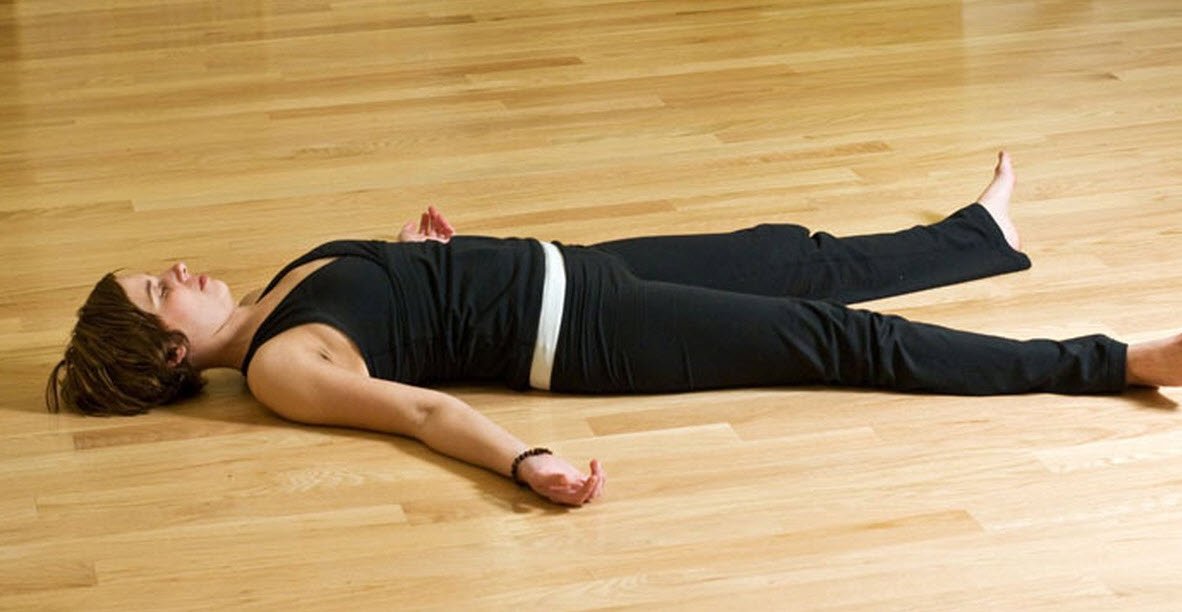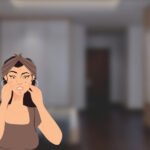Depression is a mood disorder that causes a persistent feeling of sadness and loss of interest. Among all the emotional disorders, depression is the most common. This might range from mild sadness to complete anguish and despair. It combines a number of different physical and psychological symptoms that collectively make up a syndrome.
The most painful sensation anyone may go through is depression. It is much more challenging to deal with than a physical illness. This disorder is typically brought on by the increased complexity of modern life, the ensuing crisis, as well as the mental stress and strain of daily existence. It also results from the dullness and tedium of a daily schedule, with little appreciable variance in metropolitan living. The biggest danger in severe depression is suicide.
General Signs and Symptoms of Depression
Clinical depression diagnosis is not always simple. The sharp sensation of loss, the unexplainable melancholy, the lack of energy, and the loss of interest are the most notable signs of depression. The patient typically experiences fatigue and a lack of interest in his surroundings.
Sleep problems are common. Usually at 4 or 5 in the morning, the patient awakens dejected and unable to go back to sleep.
Also Read: Coronary Heart Disease (CHD) – A Brief Guide
Other signs of disturbed sleep include difficulties falling asleep at night, nightmares, and frequent awakenings starting at midnight. The patient frequently experiences guilt, unpleasant emotions, and self-centeredness. The following are additional signs of depression: loss of appetite, giddiness, itching, nausea, agitation, irritability, impotence or rigidity, constipation, body aches and pains, lack of attention, and lack of decision-making capacity.
Some people may lose their appetite and have rapid weight reduction, but others may turn to frequent eating and experience weight gain. Low body temperature, low blood pressure, hot flashes, and shivering may be signs of severe depression.
The outward signs are a scream for aid coming from the tortured psyche of the depressed person. The highly depressed patient believes he is worthless and has come to the conclusion that his downfall and current state of hopeless sorrow are due to him.
Causes
One of the main reasons of mental depression is the adrenal glands’ diminished function. Digestion issues and the incorporation of fats are results of irregular eating patterns. Indigestion may be caused by a diet high in carbohydrates, such as cereals, white sugar, coffee, tea, and chocolate, and a diet low in vegetables and fruits.
Gases produced by indigestion in the digestive tract press against the diaphragm in the vicinity of the heart and lungs.

As a result, the tissues receive less oxygen, which increases the level of carbon dioxide and contributes to general depression. The body’s inability to properly absorb vitamins and minerals due to the excessive and indiscriminate use of medicines ultimately results in depression.
Aspirin use results in vitamin C deficiency, and antacid use might result in calcium and vitamin B deficiency. Depression may also be brought on by diabetes, low blood sugar (hypoglycemia), liver weakness brought on by the consumption of refined or processed foods, fried foods, and an excessive amount of lipids, as well as other conditions.
The Cure
Antidepressant medications are used in modern medicine to treat depression. These medications only temporarily alleviate symptoms; they also have dangerous side effects, do not address the underlying causes of the condition, and do not work to stop it from happening again.
Hypersensitivity, sleeplessness, and severe liver damage are among the negative side effects. Convulsions, confusion, hallucinations, a drop in blood pressure that causes headaches and dizziness, impaired vision, trouble breathing, and urinary retention are further symptoms.
Regulating food, exercise, scientific relaxation techniques, and meditation are all part of the self-treatment strategy for depression. Diet has a significant impact on a person’s mental health. In those who are sensitive, even a single nutritional shortfall might result in depression.
Dr. Pricilla, an associate clinical professor at the University of California, recommends dietary therapy to increase levels of brain chemicals that regulate mood and are frequently deficient in depressed persons, such as serotonin and norepinephrine.
- She advises consuming whole grains, green vegetables, eggs, salmon, and other foods high in B vitamins. Tea, coffee, wine, chocolate, cola, all products made with white flour, sugar, food colouring, chemical additives, white rice, and strong condiments should all be absolutely avoided by people who are depressed.
- Three meals should be the only allowed on the diet.
- Fruits can be consumed for breakfast in the morning together with milk and a few nuts and seeds.
- Steamed veggies, whole wheat chapatis, and a glass of buttermilk are possible lunch options.
- Dinner should consist of a green vegetable salad and any sprouts that are available, such as alfalfa seeds, mung beans, cottage cheese, or a glass of buttermilk.
Exercise and Activity:-
Activity will help you get over your sad state. Depression patients who take action will forget their suffering. They ought to put aside their own interests and think of others.
They can start decorating, fixing, or building anything new at home. The joy of success triumphs over the pain of unhappiness. Additionally crucial to the management of depression is exercise. It offers recreation and mental relaxation in addition to maintaining the body’s physical and mental health. It is the best sedative made by nature.
Dr. Robert Brown, an associate clinical professor at the University of Virginia School of Medicine, asserts that exercise enhances mental health by causing biological and psychological changes.
- It alters the hormone levels in your blood and could increase the brain chemicals that regulate your mood, beta-endorphins.
- Additionally, exercise may enhance the autonomic nervous system’s performance.
Exercise also lowers a sensation of powerlessness by fostering a sense of accomplishment. Daily, at a set time, active exercise of some kind must be performed. Exercise must be performed in a method that naturally engages all of the body’s muscles for it to be truly beneficial.
One such workout is walking. But because it has such a mild tone, walking briskly for several kilometers is required to get a reasonable quantity of exercise. yoga poses like paschimottanasana, bhujangasana, shalabhasana, and vakrasana.
Depression can be effectively treated with asanas like sarvangasana and shavasana as well as pranayamas like kapalbhati, anulom-vilom, and bhastrika.
Relaxation and Meditation:-
The patient needs to learn to manage his neurological system and direct his thoughts and emotions into peaceful, harmonic vibrations. By making sure you get enough rest and sleep in the correct circumstances, you can do this. Additionally, he has to master the technique of scientific meditation and relaxation, which will greatly aid in the treatment of depression.
By enhancing venous blood circulation throughout the body, relaxation makes it possible for the muscles to function more effectively and gets rid of exhaustion. The “dead posture,” also known as savasana, is the ideal technique for relaxation.

Training the mind to fixate on a specific internal or external location is the goal of meditation. The goal of meditation should get uninterrupted attention from all mental faculties. Continuous practice is necessary to succeed.
As one acquires the qualities of the object of one’s meditation, it will be wise to focus on God or the Atman. The neurological system can become somewhat more balanced with the aid of meditation. This would give the glands the chance to achieve the ideal hormonal balance and end the depressive symptoms.
Meditation requires a lot of regularity in terms of time, place, and practice. Regularity trains the mind to sluggish down its processes with the least amount of delay. Early dawn and sunset, when the atmosphere is calm and pleasant, are the most productive times. Depression can also be treated with a daily, one-hour neutral immersion bath.
A bathtub that is appropriately equipped with hot and cold water hookups is required for administering this bath. After filling the tub with water that is between 92 and 98 degrees Fahrenheit, the patient should lie down inside of it. A cold compress should be used to keep the head chilled.



